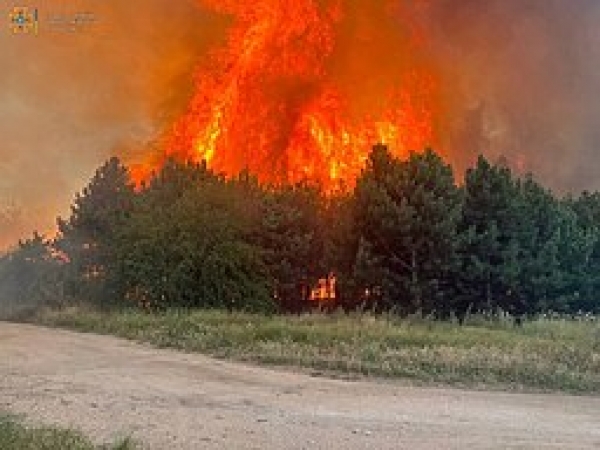"Ecocide and Resource Stripping: Wars and the Collateral Damage to Our Planet" by The New Humanitarian's team of environmental journalism, looks at the less-told environmental toll of modern conflict. A fusion of seasoned journalists and researchers, this team tries to bring to the world's attention the amount of ecological vandalism occurring along with war and the extraction of resources. It also bases its analysis on widespread field reporting, interviews with affected communities, and satellite imagery analysis that creates a broad picture of how modern conflicts contribute to environmental degradation.
A vicious circle: conflicts and environmental degradation
People living in conflict zones are the first to suffer from environmental degradation. Loss of fertile land, contamination of water sources and destruction of ecosystems threaten their survival, limiting access to essential resources and compromising livelihoods.
Correspondingly, the methodology undertaken in this report was to understand how war environmental fallout has generally been conducted: in-depth interviews with local experts, activists, and survivors of the direct impact of resource-driven conflicts; field observations; satellite technology is tracking deforestation, soil degradation, and water contamination linked to armed conflicts.
The goals of this investigation are threefold: to highlight the extent of ecological destruction, to join the dots between resource exploitation and conflict, and to push for more stringent measures in environmental protection in war zones.
Key findings of the report show that modern warfare is, as a rule, accelerating environmental destruction, for both direct and indirect reasons. In addition to contributing to other facets of conflict, mining, logging, and oil drilling have a negative influence on the environment by causing deforestation, biodiversity loss, and contamination of natural resources. The report also includes a variety of case studies that demonstrate how war has caused significant ecological harm. For example, illicit mining has resulted in deforestation in the Amazon region, and severe soil erosion has occurred in conflict-ridden areas of Africa.
A call to action
Ultimately, it highlights the importance of taking environmental factors into account while resolving disputes and recovering from war. Regarding the effects of conflict and resource looting on the environment, the report urges governments and international organizations to take stronger action in establishing and implementing stringent regulations.Companies and other organizations participating in the extractive resource industries in conflict areas are called to be held more accountable. The report urges policy experts, environmentalists, and humanitarian organizations to work together in defense of people and the planet against the contemporary effects of war in order to address the issue of ecocide and conflict.
___________________________
To learn more, visit:
- The New Humanitarian Report
- Brian Sabbe, The Ukraine war, environmental destruction and the question of ecocide, 2023.
- Anouchka Debionne, Écocide en temps de guerre. L’environnement, une victime silencieuse et collatérale des guerres, 27 march 2024.
- ·Maksym Popov, L'ecocidio: il triste legame che unisce Ucraina e Vanuatu, 2024.







